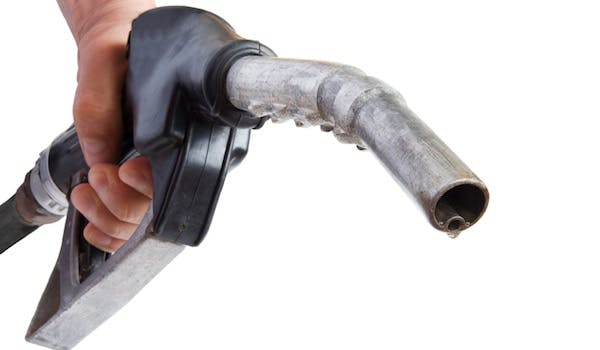The Abbott government has bypassed upper-house approval to reintroduce the twice-yearly indexation of fuel excise — a measure frozen by the Howard government — in a move that will increase input costs for many small business owners.
The government plan to raise the tax on fuel was met with hostility from the upper-house after being included in the May budget. But, in a workaround, Finance Minister Mathias Cormann announced this week the government would dodge the Senate and use other powers to proceed with the increase despite not having garnered parliamentary support.
Enabling legislation will still need to pass both houses within the next 12 months to ensure the permanence of the tax hike, or the government will refund the revenue to oil companies and importers – a position aimed at tying up Greens support.
Senior tax adviser at the Institute of Public Accountants, Tony Greco, said the government position would “put pressure on the other independents and the greens” to back in the enabling legislation.
The fuel excise will now rise from 38.14 cents per litre to 38.6 cents per litre from November 10 and rise twice yearly with inflation from next February.
Mr Greco said the measure would impact small business operators, particularly those with heavy fuel input costs including tradesmen and home delivery services. He said the cost increases from the measure would inevitably be passed on and this would be particularly so for operators whose margins were already under pressure.
“A small business operator pretty much has to wear it,” he told Dynamic Business. “When your margins are small, you have to assess the impact and it will vary business to business. It just depends on what fuel represents as your total cost structure. Some businesses will be more affected than others. Fuel is a basic ingredient for most goods and services and it filters through indirectly as well.”
Labor has opposed the government plan as a “sneaky tax hike”, while motor-vehicle groups and enthusiasts have criticised the plan to refund the revenue to oil companies if no legislation is passed. Mr Greco said it would be an administrative nightmare to try and return the revenue to consumers.
According to the May budget papers, the reintroduction of twice yearly fuel excise indexation was to raise $4.1bn over four years.

